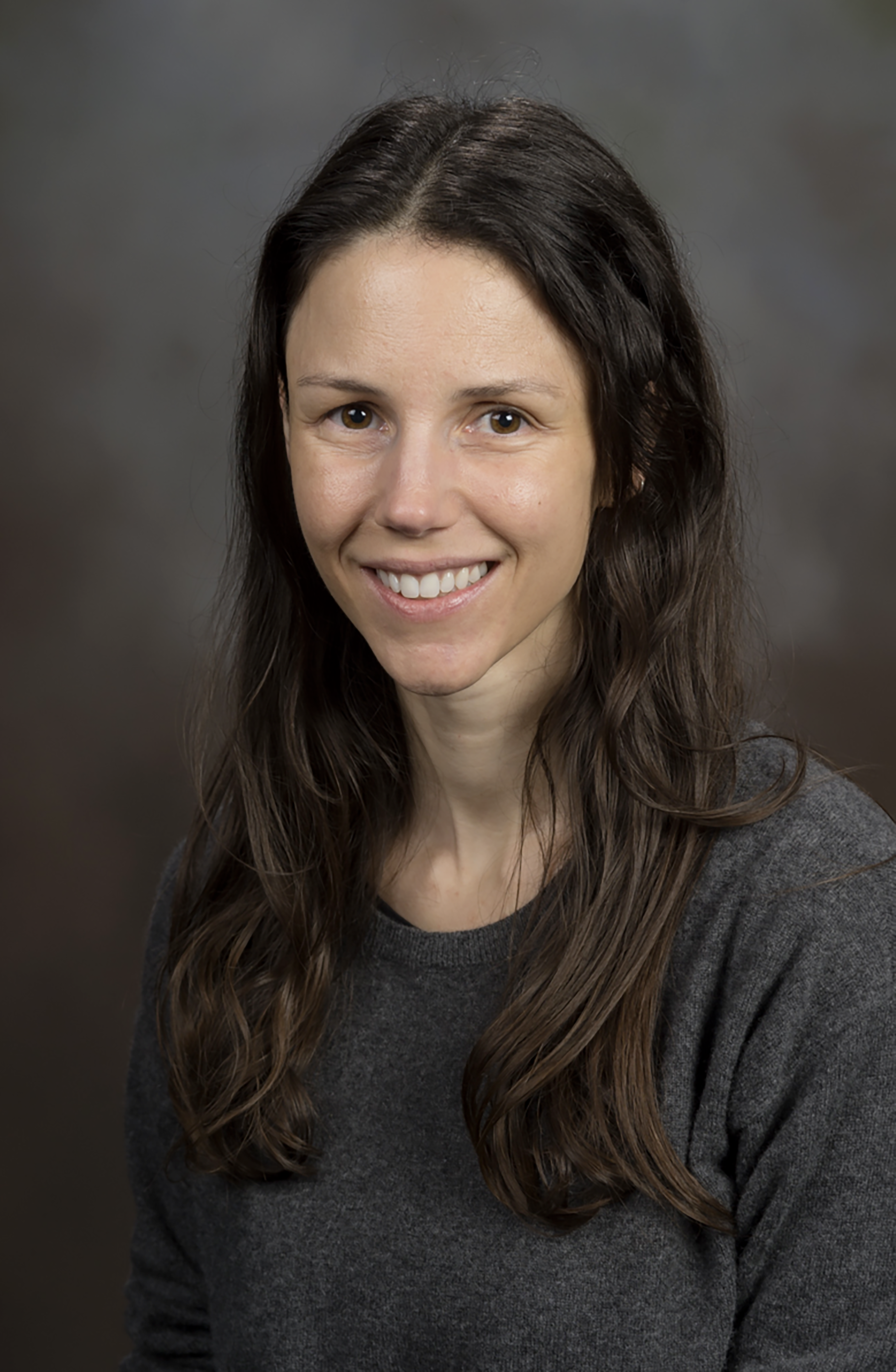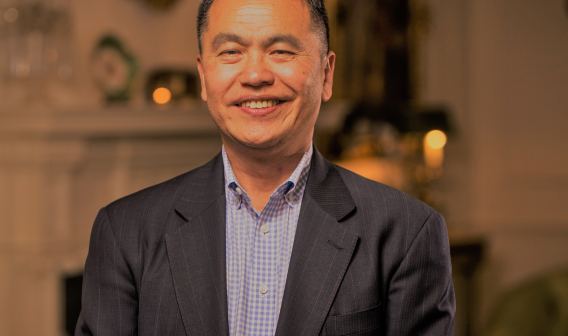VER: What’s your view on potential use cases existing for quantum technology across various industry sectors?
Economou: It’s too early for quantum technologies to have real impact on industry. However, the promise is there, and the long road to achieving these technologies will most likely lead to transformative capabilities. Industry that uses any kind of chemistry and chemical reactions (pharmaceutical, biomedicine, agriculture, energy production, etc.) stands to benefit from the deployment of quantum computers. Quantum technologies will also impact communications security, which will affect most companies, whether in tech or not. Other applications may not have been discovered yet. Once we have a functional large-scale quantum computer, we’ll surely make new discoveries and find new applications we haven’t come up with yet.
VER: How might quantum impact the average citizen’s everyday life? How do you envision quantum technology changing the way businesses operate?
Economou: With so many financial transactions happening online, information security is critical for all of us. Advances in understanding chemistry and chemical reactions will also have a potential impact through corresponding advancement of the industries I mentioned. More precise sensing can also lead to better diagnostics and other applications in medicine and beyond.
VER: Your own career has been spent in academia and government research. Factoring in industry as well, how can a disparate group of entities with their own priorities work together to advance quantum computing?
Economou: By nature, academic research is more exploratory and arguably more innovative. Industry has the resources to scale up systems and to solve difficult engineering problems. National labs are somewhere in between. Compared to academia, they tend to have more consistent government support and the employees are essentially permanent. In academia, we have a quick turnaround with the students and postdocs we train, so at times it can be challenging to carry out an idea to its full completion.
The synergy of the three entities can play an important role in advancing quantum technologies. The workforce we train is essential to national labs and companies. Students from my group have had internships in industry, and some of those who graduated joined quantum companies. Others continue in academia. Postdocs trained in my group now hold positions in national labs around the United States and faculty positions worldwide. The quantum ecosystem, while rapidly growing, is still tightly knit.
VER: How can universities get students interested in quantum physics to produce a workforce pipeline for the industry? What’s the best way to develop the nonphysicist portion of that workforce?
Economou: Students in physics are already very interested. Each year, we have to make difficult decisions in our department at Virginia Tech about who to make offers to for graduate school out of a large number of very qualified, motivated students who want to work on quantum information science. Interest is also increasing from students with computer science and electrical and computer engineering backgrounds. We’ve recently started an interdisciplinary minor in quantum information science and engineering that’s accessible to students from pretty much any STEM field — students from seven different majors can take it. Students who graduate with this minor are ready to be integrated in the quantum workforce in industry or to hit the ground running with Ph.D. studies in quantum information. We really strive to provide both depth and breadth.
For students majoring in non-STEM fields who want to gain familiarity without necessarily learning all the mathematical formalism, we have a freshman-level course that only requires arithmetic, but yet goes into substantial depth with quantum technologies. In this course, we already have students enrolling from fields traditionally not associated with quantum information science, and we’re hoping to expand enrollment in that direction. This will hopefully contribute to what is sometimes called a “quantum-aware” workforce, but also to the deeper appreciation of non-STEM students for how the world works and how quantum computers are built.





